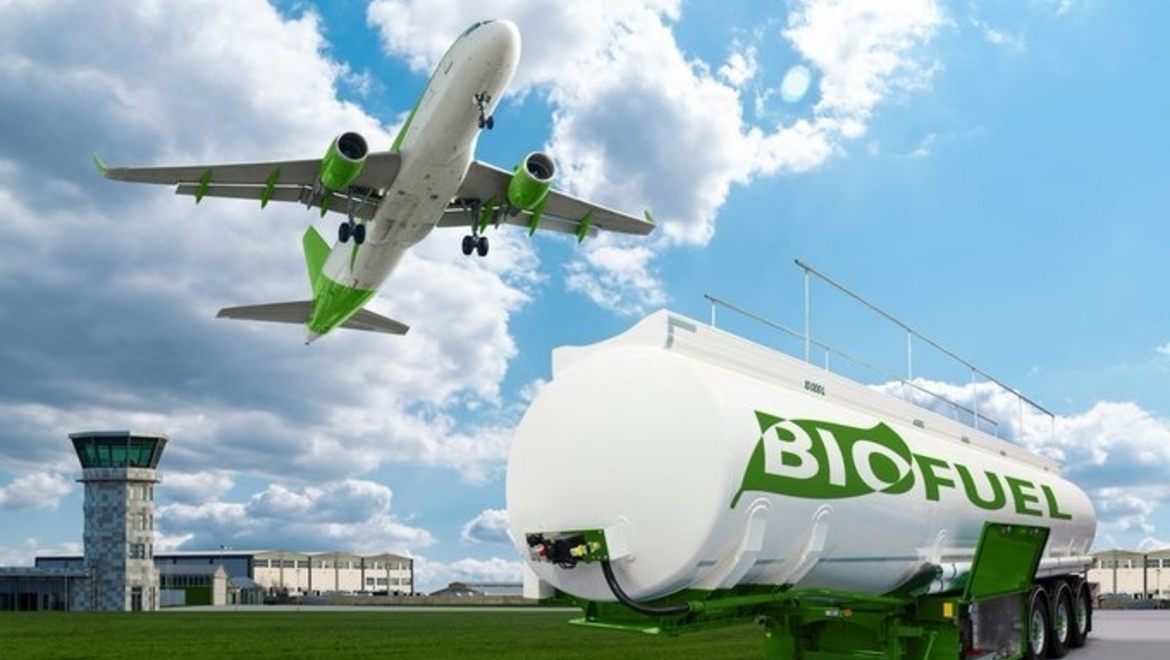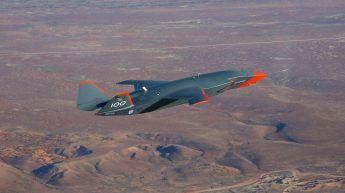The first federal budget from the Albanese government was unveiled last night, showcasing several benefits to the nation’s aviation industry.
Most notably, the government has agreed to establish a Sustainable Aviation Fuel (SAF) council, not unlike the UK’s ‘Jet Zero’ council.
The initiative will make up part of a $139.9 million investment over a three-year period, alongside funding upgrades for Hobart airport, border facilities in Newcastle, and Western Sydney Airport.
The new council would establish Australia as a player in SAF innovation and the reduction of carbon emissions from air travel.
Brisbane Airport on Wednesday hailed the development being rubber-stamped in the budget and said it had accelerated its own sustainability targets.
The business’ executive general manager of sustainability, Raechel Paris, said, “Getting the policy right from the start is essential to the development of a domestic sustainable aviation fuel market.”
A council of this nature has been suggested for some time now, with the Sustainable Aviation Fuels Alliance of Australia and New Zealand (SAFAANZ) recommending one being established back in March.
“Following the lead of the UK and its Jet Zero Council, Australia should immediately establish a ‘Jet Council’ to connect the state and federal government with aviation industry stakeholders to guide the ongoing development of sustainable aviation policies,” said Bioenergy Australia CEO Shahana McKenzie.
“As a priority, the Jet Council would work with the various levels of government along with key industry participants to guide and support pathways for SAF R&D in Australia, as well as guide the design and implementation of policies to overcome existing barriers to SAF development.
“The Council could also be a forum through which to consider policies that support new technologies and innovative ways to reduce aviation emissions.”
The establishment of the council was first announced in July during the Sustainable Aviation Fuels Breakfast, with the Minister for Infrastructure, Transport, Regional Development, and Local Government Catherine King pointing out the importance of SAF for Australia.
“The reality is — particularly in Australia — we love to fly, but we also need to fly. I am sure most of you here, like me, spend more hours in the air than you care to count. If we are to play our part, we need to make flying sustainable,” said King.
“That is why … we intend to establish a group along the lines of the Jet Zero Council seen in the UK or the Council for Sustainable Aviation Fuels in Canada.
“A step like this will be another example of our government’s commitment to advancing net-zero across the economy, as well as leading concrete action to cut emissions here and abroad. By driving international competition and collaboration, we will drive innovation and progress across the world.
“As a nation more dependent on aviation than almost any other, we have a unique opportunity and responsibility to drive change.”
It comes after Qantas said in March it would invest $50 million to help support the establishment of a local SAF industry in Australia.
Notably, the airline also announced that by 2050, it hopes to see 60 per cent of all its fuel to be derived from SAF, alongside an interim goal of 10 per cent by 2030.
Chief executive Alan Joyce said, “This is a huge opportunity for Australia … that can create a huge amount of jobs in this country, and the security it would give against what’s going on in the rest of the world.
“Wouldn’t it be great if we were just dependent on our own country for that?”
















